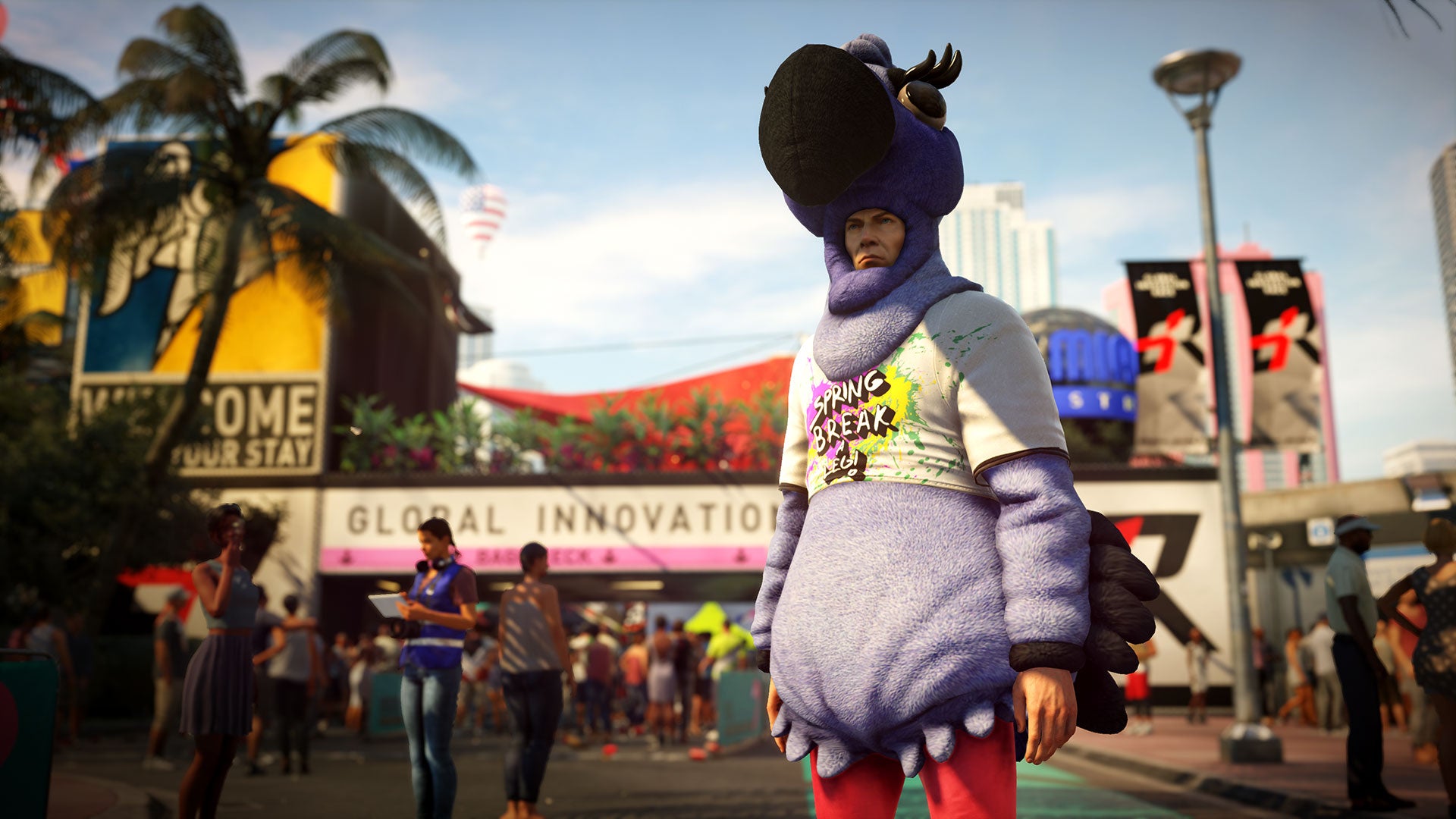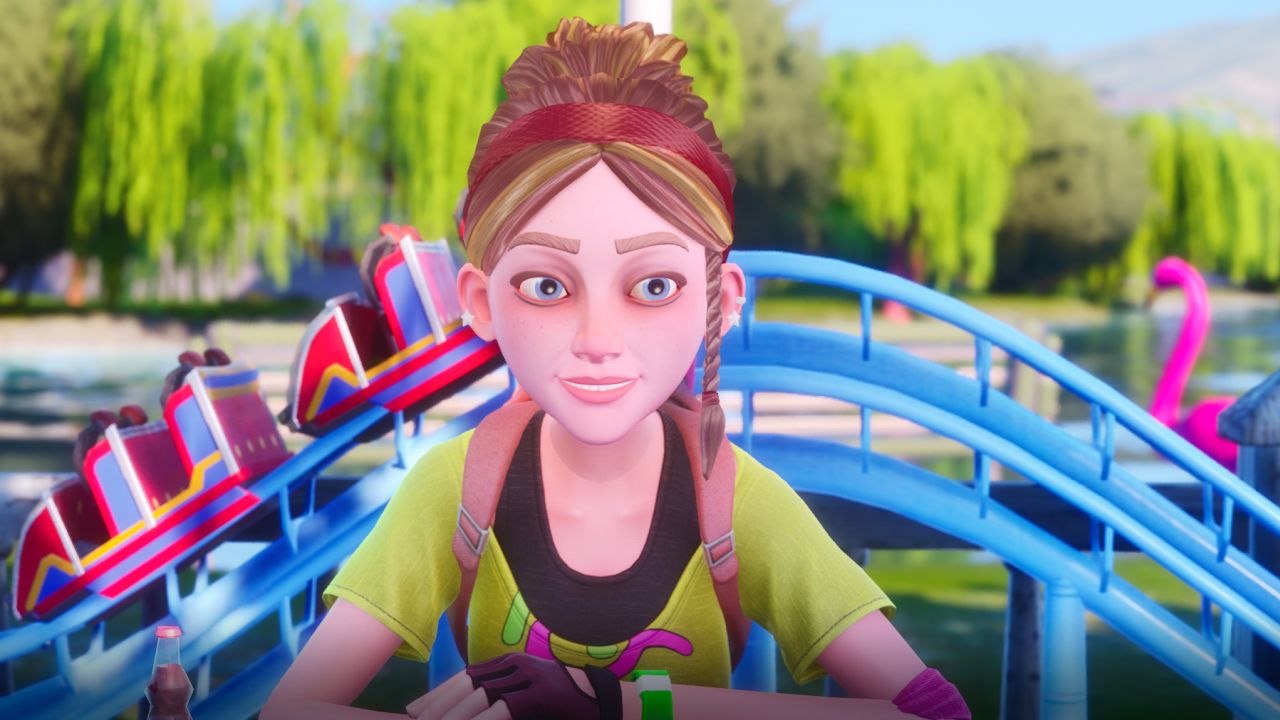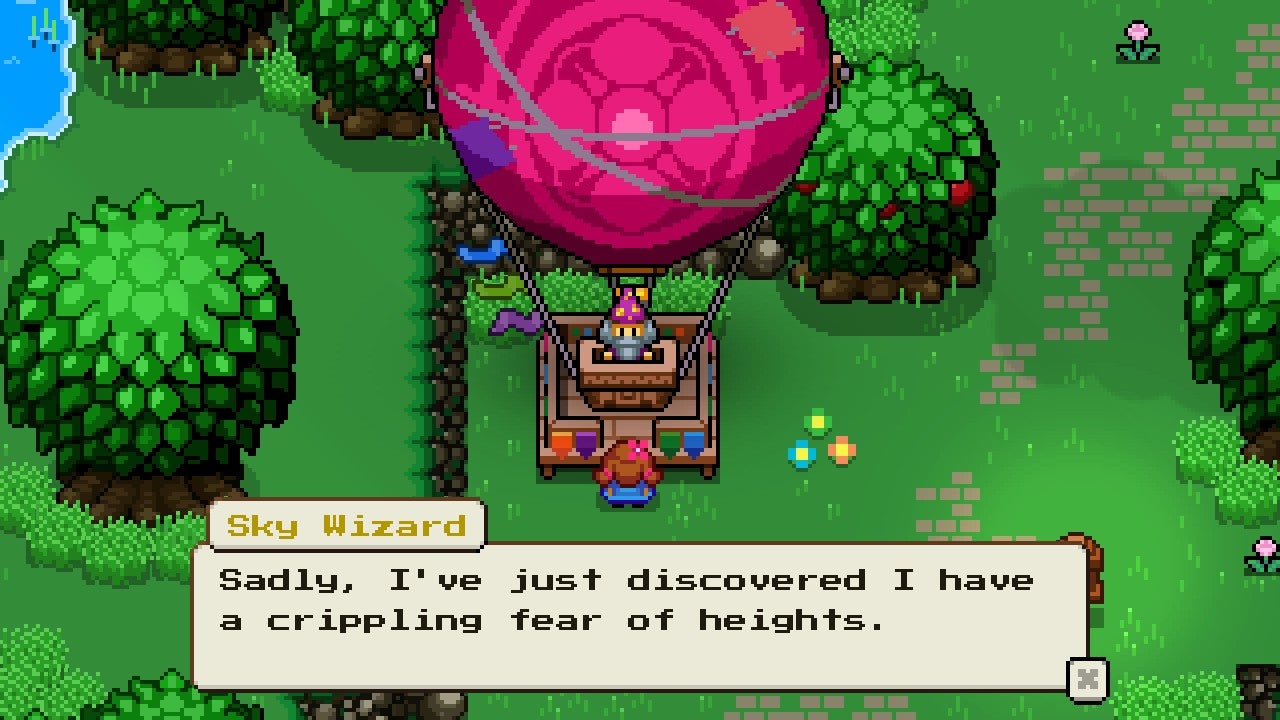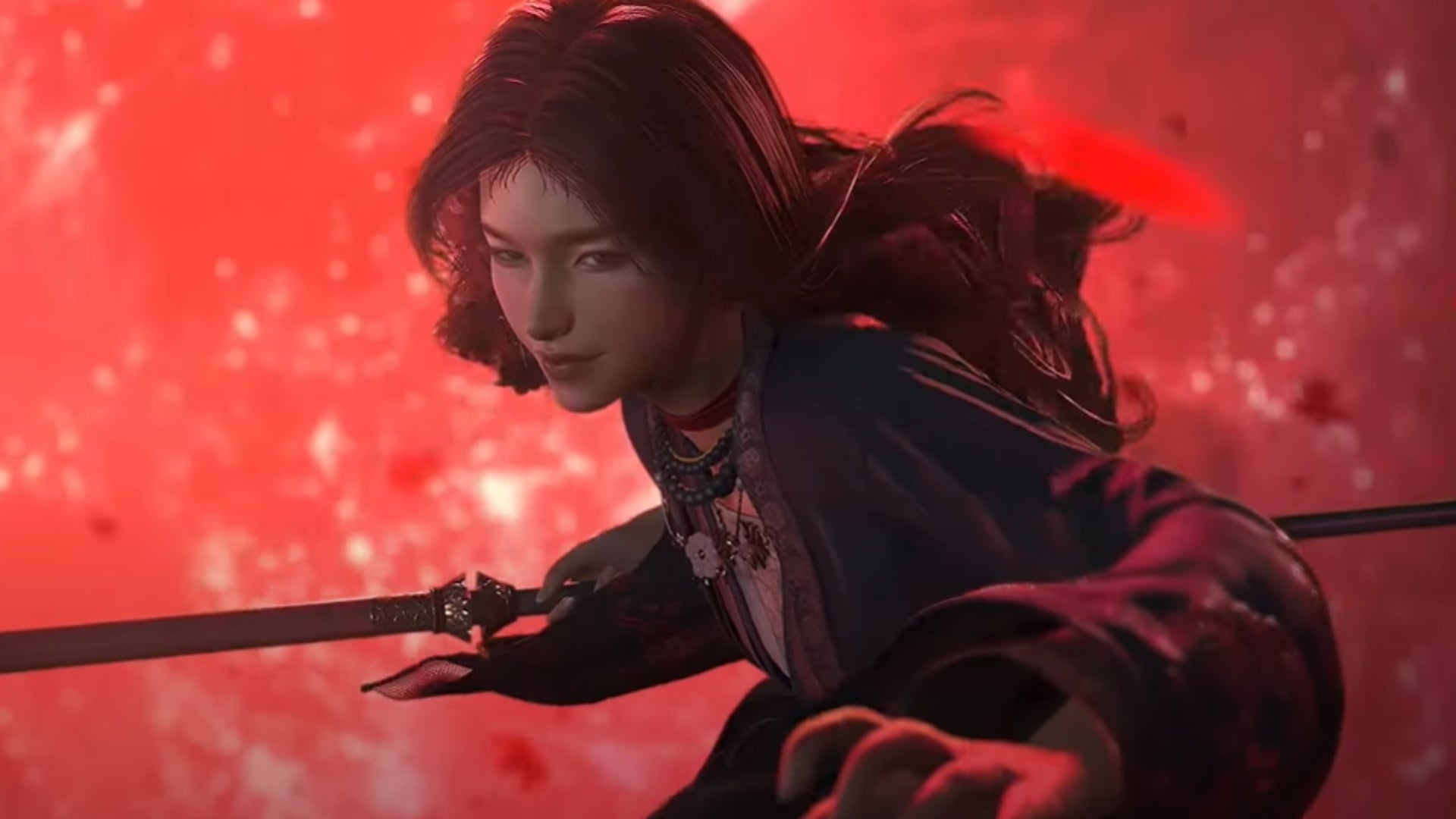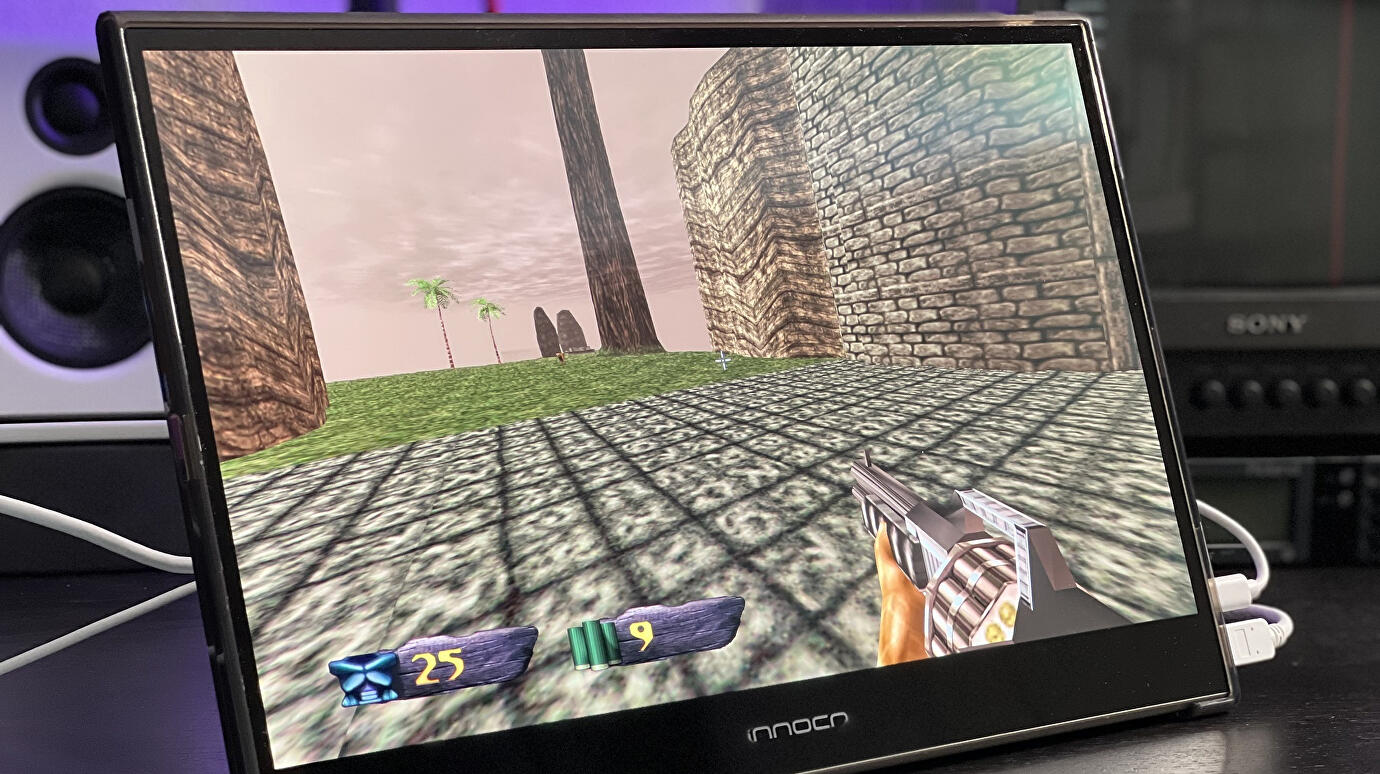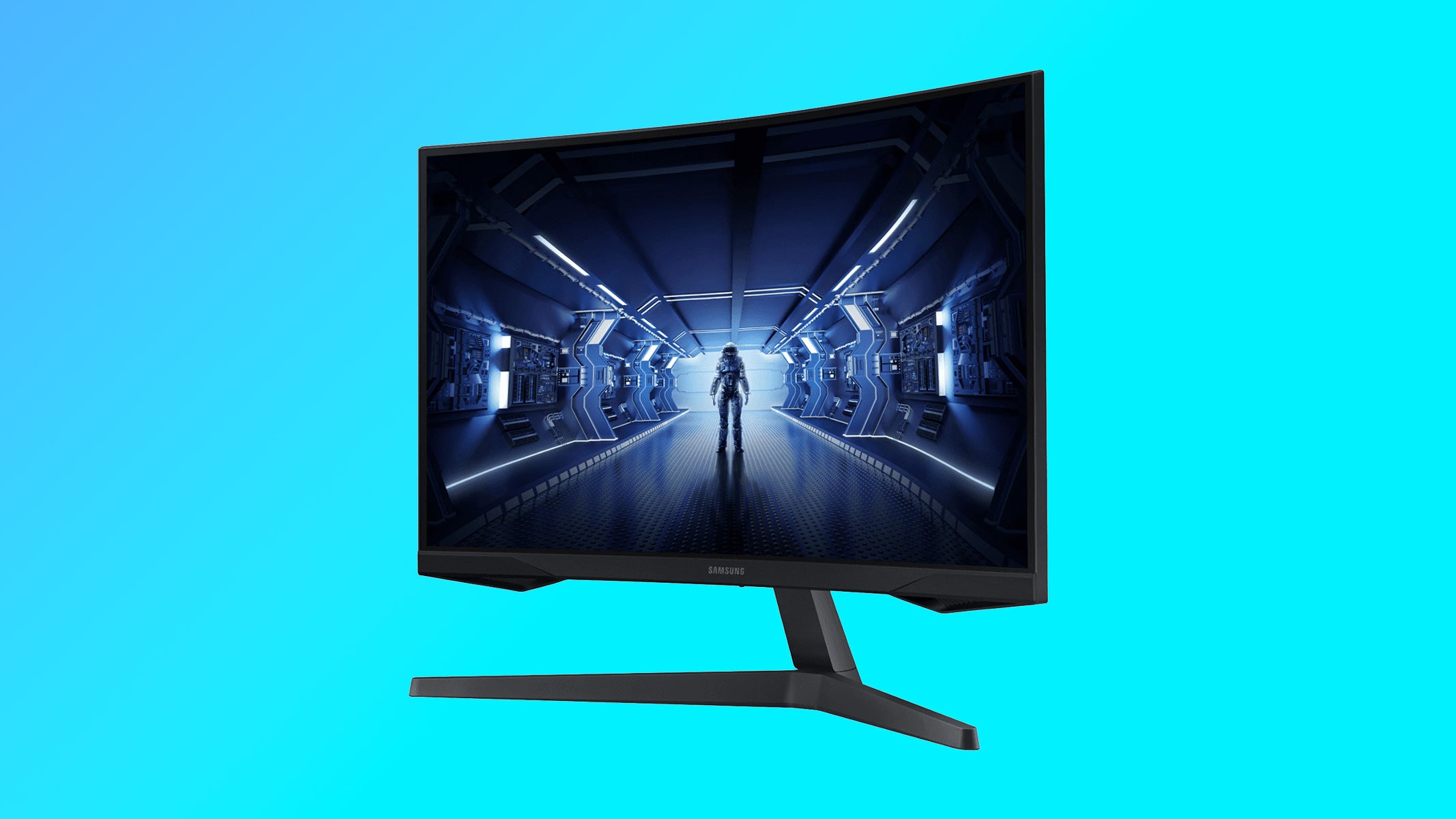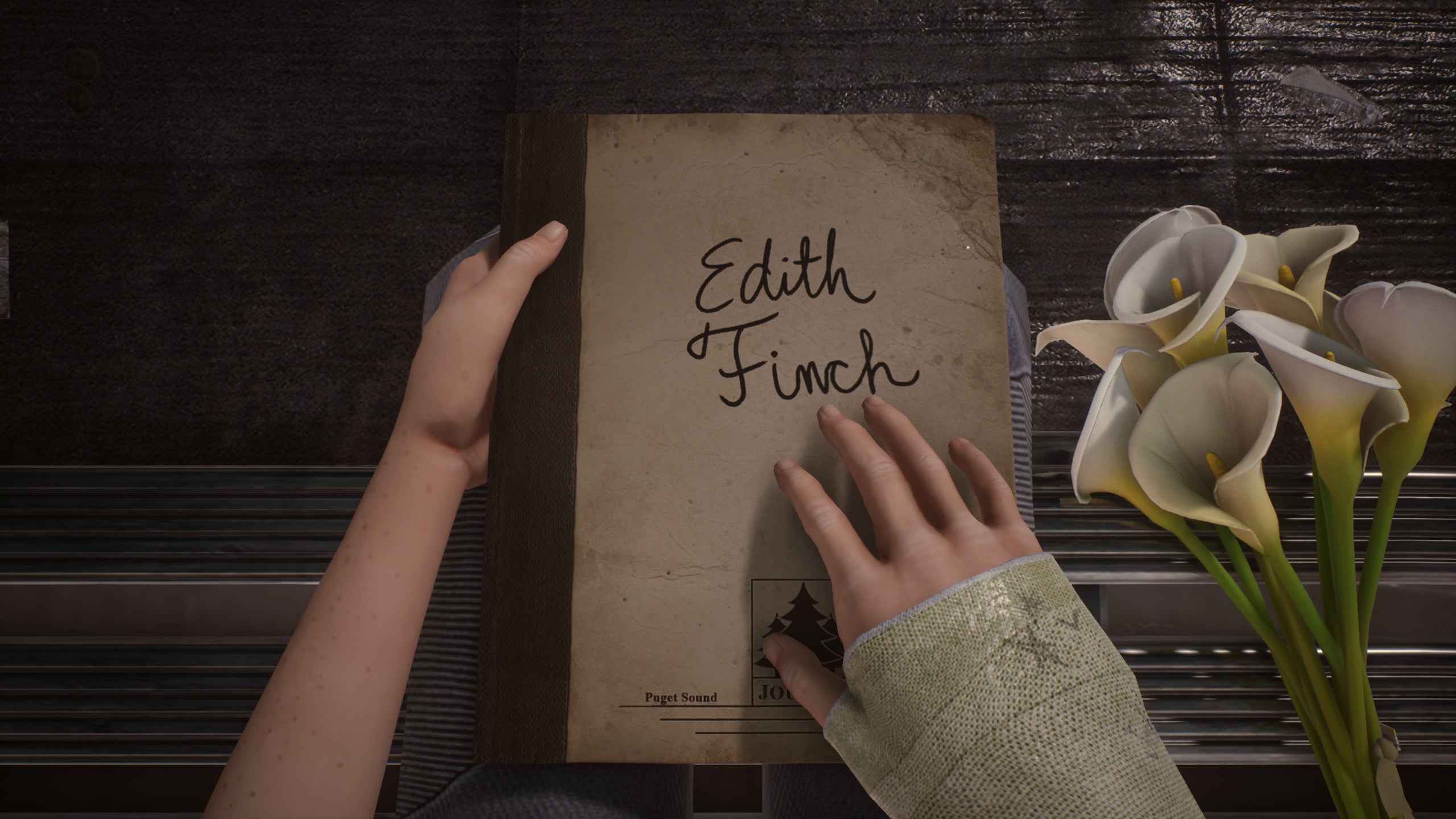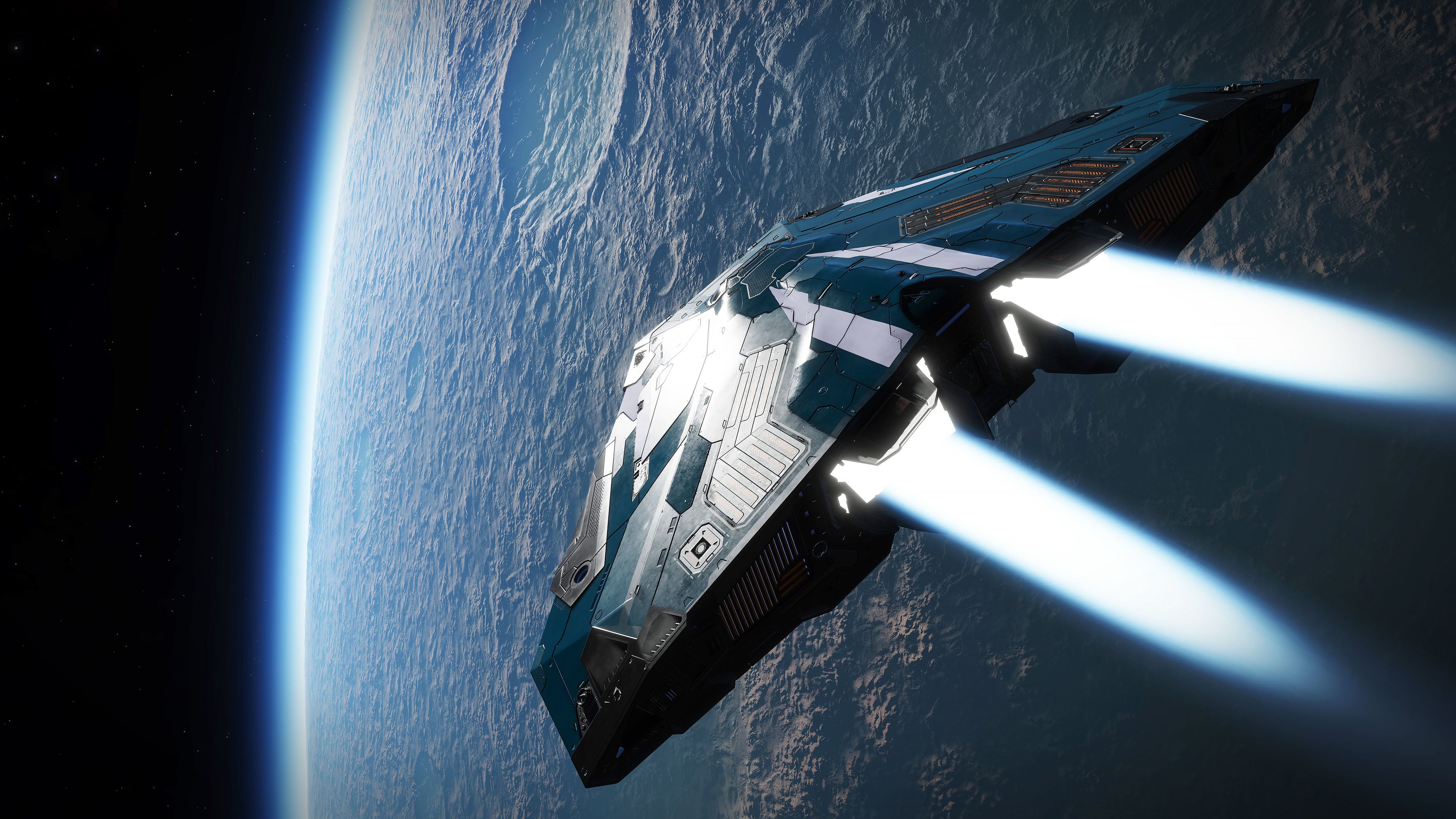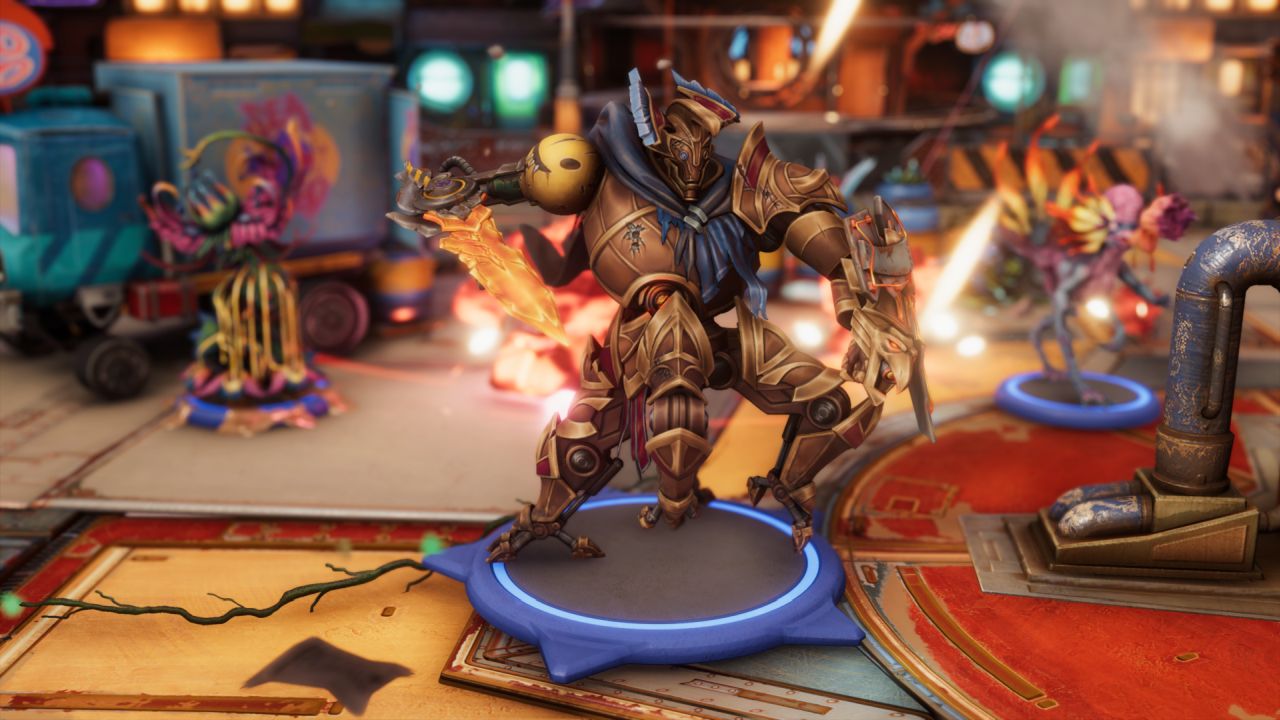
Imagine I have a weird alien squid pointed right at you. I need you to tell me what the developers of open-world watery survival game Subnautica are making next. Just, your best guess, or the squid'll getcha with its weird alien ink. Ready? Go!.... Okay, well congratulations to anyone who said "a turn-based strategy game inspired by tabletop miniatures". Unlikely as it may seem you were right, and everyone else was wrong. It's called Moonbreaker and it's hitting early access on September 29. And Brandon Sanderson is at this party, too.
I admit it was a trick question, but look, I'm a genuinely big fan of devs doing a completely different project after a successful game. I also know a whole lotta people who love painting plastic fighters in cool colours, carefuly placing them on a tabletop, and slowly pushing them into other plastic fighters in different colours. I'm absolutely sure that Unknown Worlds will make a very good version of a digital tabletop strategy game. I must admit, though, that whenever a video game like this emerges, I sort of wonder why tabletop-thusiasts would buy it instead of more actual miniatures.
Read more
